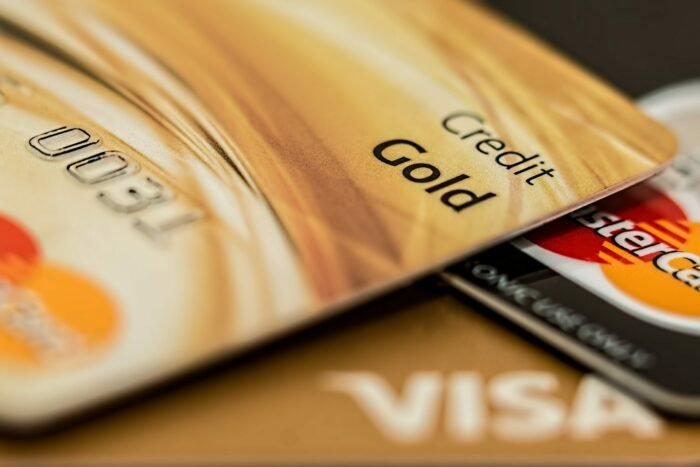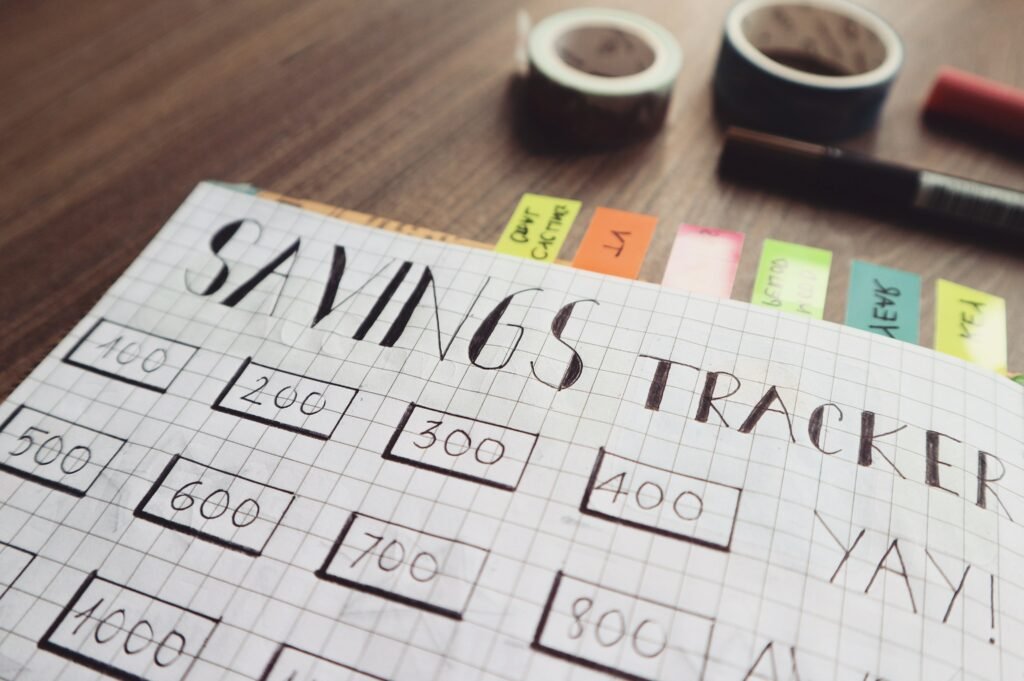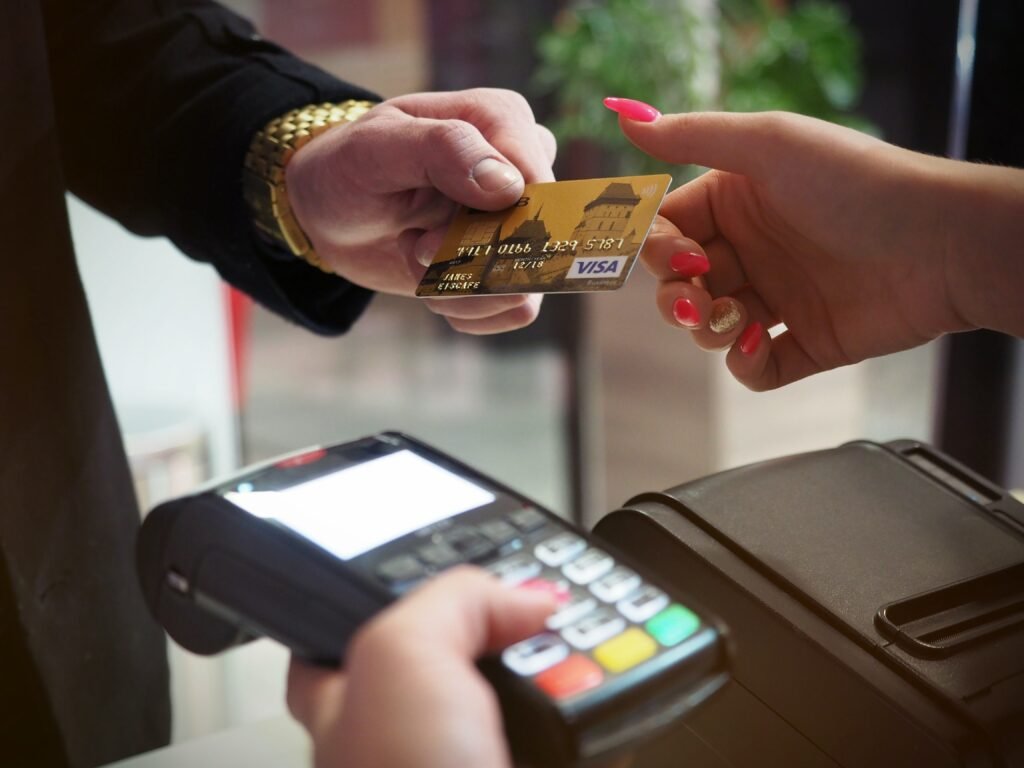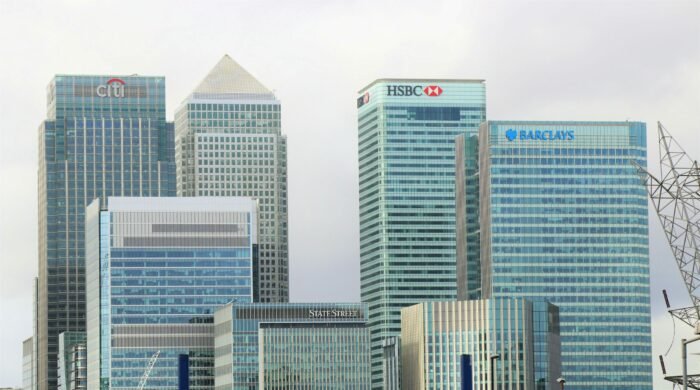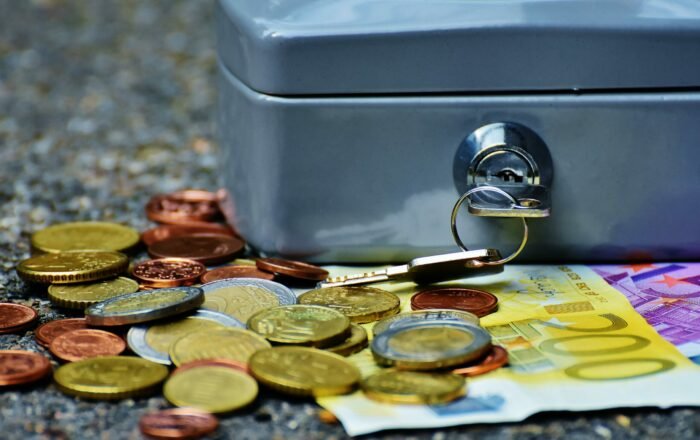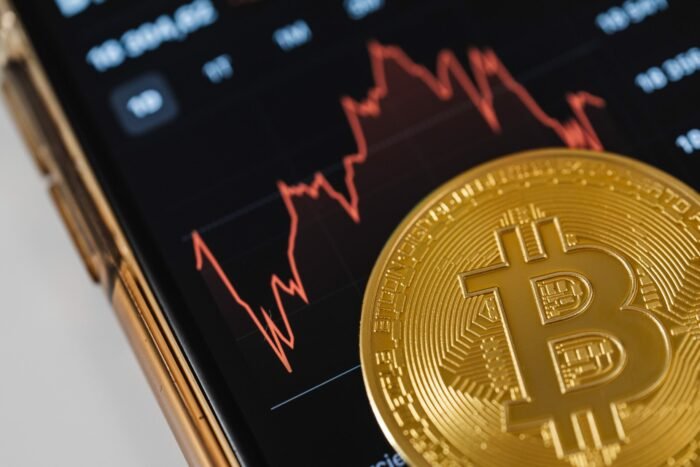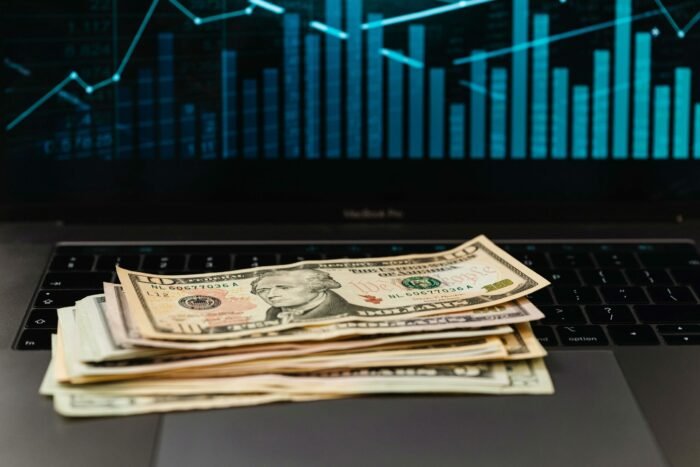Credit cards have become a crucial element of our financial lives since they make managing our costs easy and flexible. Understanding how credit card usage affects our overall financial management techniques is crucial, though. In this post, we’ll examine the numerous ways that using credit cards impacts our money management choices and look at practical methods for doing so. You can create the foundation for a more secure financial future by optimizing credit card usage.
Key Takeaways:
- Your credit score and money management techniques are both highly impacted by credit card usage. To keep your credit score healthy, try to keep your utilization rate around 30%.
- Overusing your credit cards might increase your debt load and restrict your ability to make other financial decisions.
- Using credit cards responsibly provides advantages like incentives and rebates as well as the chance to have a good credit history.
- Making a budget, paying credit card payments in whole and on time, giving high-interest debt priority, and minimizing credit card use are all good financial management techniques.
- The best way to control credit card usage is to regularly monitor your credit card bills, look for better terms or lower interest rates, and avoid making minimum payments.
- Creating an emergency fund and keeping track of your credit score are essential for minimizing the damaging effects of credit card usage on your financial situation.
- Improving credit card usage and general money management needs patience and discipline.
- Maintaining a sound financial future requires finding a balance between using credit cards and using wise money management.
Remember, you can optimize your credit card utilization and strengthen your financial management techniques for long-term success by putting these important insights into practice and developing appropriate credit card using behaviors.
Impact of Credit Card Utilization on Financial Management Strategies
Understanding the Use of Credit Cards
The percentage of your available credit that has been utilized is referred to as credit card utilization. It has an impact on your financial stability and is very important in determining your credit score. Utilizing a significant amount of your available credit implies a larger risk to lenders and may have a detrimental effect on your rating.
How it Affects Credit Score
A numerical assessment of your creditworthiness is your credit score. Your credit score can be adversely impacted by high credit card usage. Due to the increased chance of payment default, lenders view borrowers with high credit utilization as riskier borrowers. To maintain a good credit score, try to keep your credit card usage below 30%.
Increased Debt Burden
Increased debt loads are frequently the result of excessive credit card use. When you use credit cards frequently and carry balances from month to month, interest costs are accumulated and added to your overall debt. If left unchecked, high debt levels might make it difficult for you to achieve your financial objectives and perhaps cause financial misery.
Implications on Financial Decision-Making
Your ability to make sound financial decisions is significantly influenced by your credit card usage. Having a lot of debt on your credit cards makes it harder to put money aside for investments or other necessary costs. Additionally, carrying credit card debt can affect your risk tolerance and make you less willing to engage in new financial endeavors.
Potential Benefits of Credit Card Utilization
While using a credit card excessively can have unfavorable effects, using a credit card responsibly can have certain advantages. Credit cards provide benefits, rebates, and consumer safeguards when used responsibly. Additionally, using credit cards responsibly can help you establish a good credit history, which can lead to future prospects for greater pay.
Effective Financial Management Strategies
1. Budgeting and Expense Tracking
Start with making a budget if you want to efficiently manage your money. Set aside money for several spending categories based on your monthly income. Record every transaction, including credit card transactions, to keep tabs on your expenditures. You may optimize your credit card usage by regularly reviewing your expenses to find places where you can make savings.
2. Full payment of credit card bills
Paying your bills in full and on time is one of the most important ways to control credit card usage. By doing this, you can avoid paying interest and keep your debt from mounting. To make sure you never forget a payment deadline, set up automatic payments or reminders.
3. Putting High-Interest Debt First
Prioritize paying off the credit cards with the highest interest rates first if you have several credit cards with balances. You may reduce interest costs and pay off your debt more quickly using this strategy. You can gradually lower your credit card usage and enhance your overall financial status by fighting high-interest debt.
4. Limiting Credit Card Usage
Consider reducing the number of credit cards you have if you want to prevent excessive credit card usage. Multiple credit cards may be alluring, but they increase the chance of overspending and debt accumulation
5. Stick to a Few Cards
Effective money management might be difficult if you have too many credit cards. It’s best to limit your credit cards to a select handful that fit your demands and financial objectives. You may better manage your spending and keep tabs on your credit card consumption by limiting the number of cards you use.
6. Reviewing Credit Card Statements Frequently
Regularly reviewing your credit card statements is essential. You can then spot any errors or fraudulent charges and take immediate action to correct them. Additionally, keeping track of your credit card usage through statement analysis enables you to make required adjustments.
7. Looking for Better Terms or Lower Interest Rates
Consider looking into other possibilities if you’re having trouble with your credit cards’ high interest rates or unfavorable terms. Inquire about potential rate reductions or bargain for better conditions by getting in touch with your credit card company. As an alternative, you can look up and compare credit cards from various issuers to locate alternatives that have cheaper interest rates and better terms.
8. Getting Rid of Minimum Payments
Paying simply the least amount owing on your credit card bills can make it harder to pay off your debt and result in higher interest costs overall. Make an effort to pay more than the legal minimum each month to hasten the repayment of your debt. You may progressively reduce your credit card usage and get out of debt faster by making greater payments.
9. Building an Emergency Fund
Building an emergency fund is crucial to reducing the detrimental effects of credit card use on your money management techniques. You may prevent using credit cards when things are tough by keeping money set aside just for unforeseen expenses. Try to put three to six months’ worth of spending aside in a convenient account.
10. Monitoring Credit Score Regularly
You can keep track of changes in your creditworthiness by monitoring your credit score. Free access to credit scores and credit reports is offered on a number of web venues. You may proactively control your credit card usage and take actions to strengthen your financial position by keeping an eye on your credit score.
Frequently Asked Questions (FAQs)
How does high credit card utilization affect my credit score?
High credit card usage can lower your credit score because it indicates a higher likelihood of payment default. To maintain a good credit score, try to keep your credit card usage below 30%.
Can responsible credit card usage benefit my finances?
Yes, using a credit card responsibly can provide advantages including points, rebates, and consumer protections. Furthermore, it aids in the development of a good credit history, opening doors to higher financial opportunities.
How can I manage my credit card utilization effectively?
Create a budget, pay your payments in full and on time, give high-interest debt priority, set a credit card usage limit, monitor statements frequently, and shop around for cheaper interest rates or better terms if you want to properly control your credit card usage.
Should I avoid using credit cards altogether?
When used wisely, credit cards may be effective financial instruments. It’s crucial to maintain a balance between using credit cards responsibly and reckless spending. Limit your use of credit cards and keep your expenditures under control.
How long does it take to improve credit card utilization and financial management?
It takes time to improve financial management and credit card use. Consistent work, budgeting, debt repayment, and responsible credit card use are all necessary. You may significantly improve your financial status with patience and dedication.
Can I negotiate lower interest rates on my credit cards?
Yes, it is worthwhile to get in touch with your credit card company to see if you can negotiate lower interest rates or better terms. You can obtain credit cards with cheaper interest rates by looking into several credit card possibilities from various issuers.
Conclusion
For the sake of keeping a sound financial future, it is essential to comprehend how credit card usage affects financial management tactics. High credit card usage might reduce your ability to make sound financial decisions, raise your debt load, and harm your credit score. However, using credit cards responsibly can result in points and rebates as well as assist establish a good credit history.
Make a budget, keep tabs on your spending, and give paying your credit card bills on time and in full a priority if you want to manage credit card usage properly. Better financial management can also be achieved by concentrating on high-interest debt, restricting credit card use, routinely monitoring bills, and negotiating better terms. Effective financial methods also include maintaining a credit score and saving money for emergencies.
You may optimize credit card use and pave the road for a more secure financial future by putting these tactics into practice and upholding discipline in your spending habits. Always remember to maintain a balance between using credit cards responsibly and managing your money, to prevent becoming overly reliant on them.
In conclusion, knowing how credit card usage affects your money management techniques gives you the power to make wise choices and take charge of your financial situation. You can increase your financial stability and security by developing sensible credit card usage habits and putting good money management techniques into practice.
